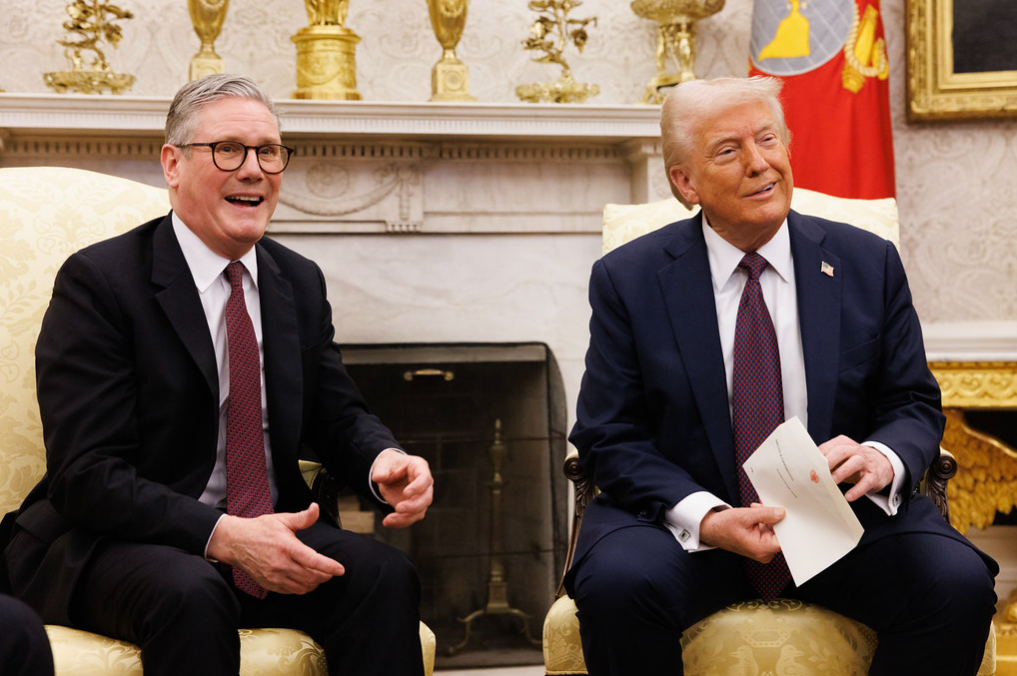Annie Knight, an Australian woman, has boldly stepped into the spotlight, sharing her story of having sex with 300 people in a single year, a revelation that has stirred a mix of reactions and sparked a conversation about gender and sexuality. Knight, who found the experience empowering, has faced a barrage of judgment and criticism, highlighting the persistent double standards in how society views men and women’s sexual behavior.
Embarking on a dating spree after three years of singledom, Knight’s adventures led her to intimate encounters with a staggering number of partners, peaking at five in a single day. Her story, shared on the show “Love Don’t Judge,” has ignited discussions on the stigma women face when embracing their sexuality, contrasting sharply with the often-celebrated sexual conquests of men.
Knight’s candidness on the show, where she declared, “I don’t care” about the backlash, reflects her defiance against societal norms that seek to constrain women’s sexual agency. Despite encountering support from some quarters, the majority of feedback has veered towards judgment and shaming, with detractors quick to cast aspersions on her health and moral character.
This disparity in societal attitudes raises pertinent questions about the entrenched biases that applaud men for similar behaviors while vilifying women. Knight, who describes herself as “Australia’s most sexually active woman,” also highlights the financial aspect of her lifestyle, earning a significant sum through adult content, hinting at the complexity of motivations and outcomes intertwined with her sexual choices.
Despite her extensive dating experiences, Knight remains single, underscoring the challenge of finding a partner who meets her “very basic” standards, including willingness to participate in videos. Her story is not just about numbers but also about the search for connection and compatibility in a world where sex and intimacy intersect with public perception and personal values.
Knight’s narrative is a bold testament to living on one’s own terms, challenging societal norms, and confronting the double standards that persist in the discourse on sexuality. As the conversation unfolds, it prompts a deeper reflection on how we judge and perceive sexual agency, inviting a reevaluation of the biases that shape our responses to stories like Knight’s.




